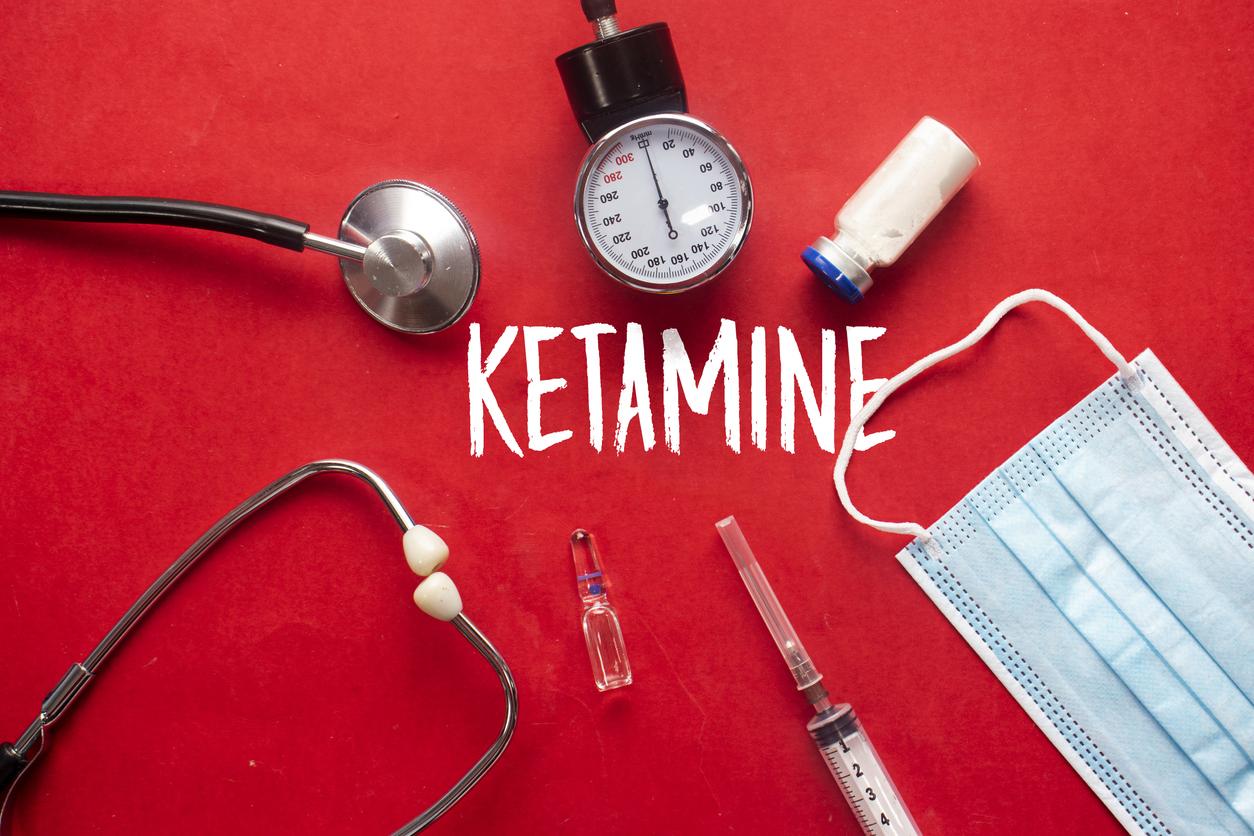The depression looks seriously old. And it’s not just in the head that it happens. This disease would weaken the organism down to the cells, which it causes to age more quickly. A new Dutch study published in the journal Molecular Psychiatry suggests that this mental disorder could accelerate this aging process by an average of four to six years!
Experts already know that people with depression are at higher risk for age-related diseases like certain cancers, diabetes, obesity and heart disease. This finding is partly explained by the association of the disease with certain risk factors such as alcohol and a lack of physical activity.
But scientists have also long suspected that depression leaves traces in cells. This is what Dr. Josine Verhoeven of the University Medical Center in Amsterdam in the Netherlands and her colleagues wanted to know. For this, they recruited 2407 volunteers. Among them, a third suffered from depression, another had gone through a depressive episode in the past, and the last third was and had never experienced depression.
Scientists analyzed the change in structures within cells by looking at telomere length. These chromosome ends naturally shorten as cells divide. Measuring their length is therefore a good way to assess the aging of cells.
After observation, it appeared that the most severely depressed people had shorter telomeres than the others.
Sport to reverse the process?
“This large-scale study provides evidence that depression is associated with years of biological aging, especially among those experiencing the most severe chronic symptoms,” the researchers conclude. An unknown persists in this study: it is not possible to know whether this aging process associated with depression is reversible.
If so, playing sports may well reverse the process. A recent study published in The Lancet Oncology showed that telomere length increased in people who exercised and ate a healthy diet. In other words a a healthy lifestyle would rejuvenate the cells.


















